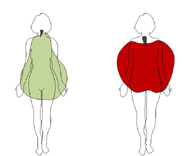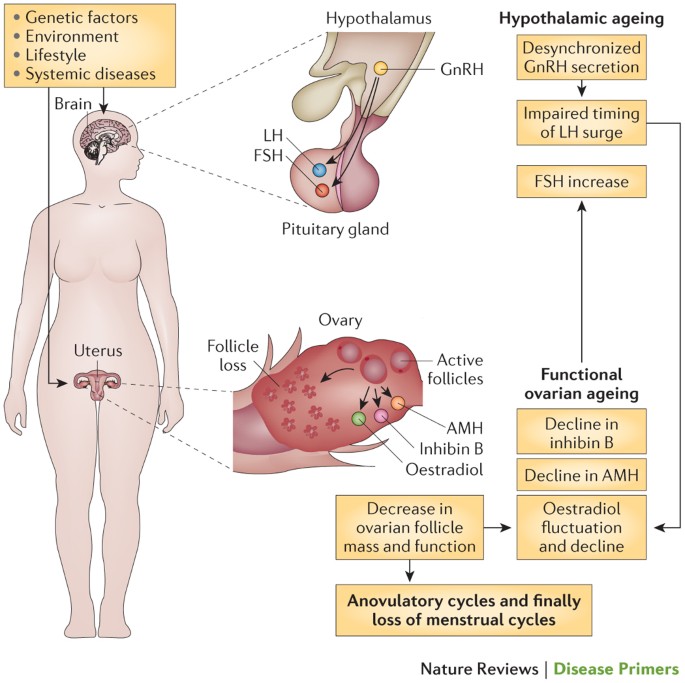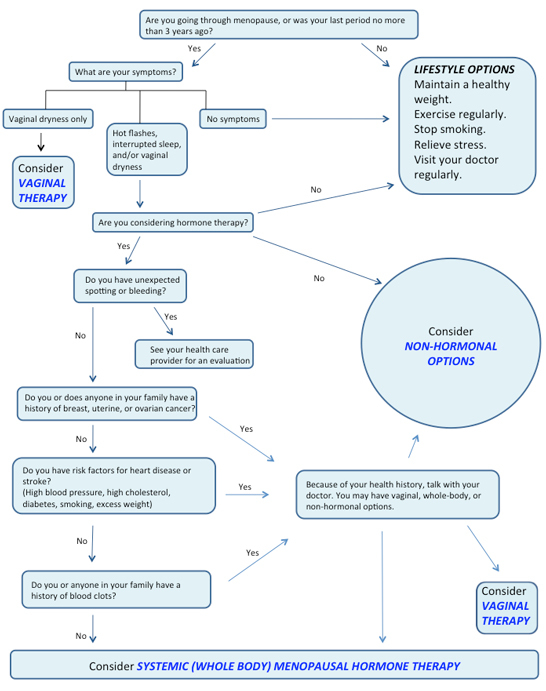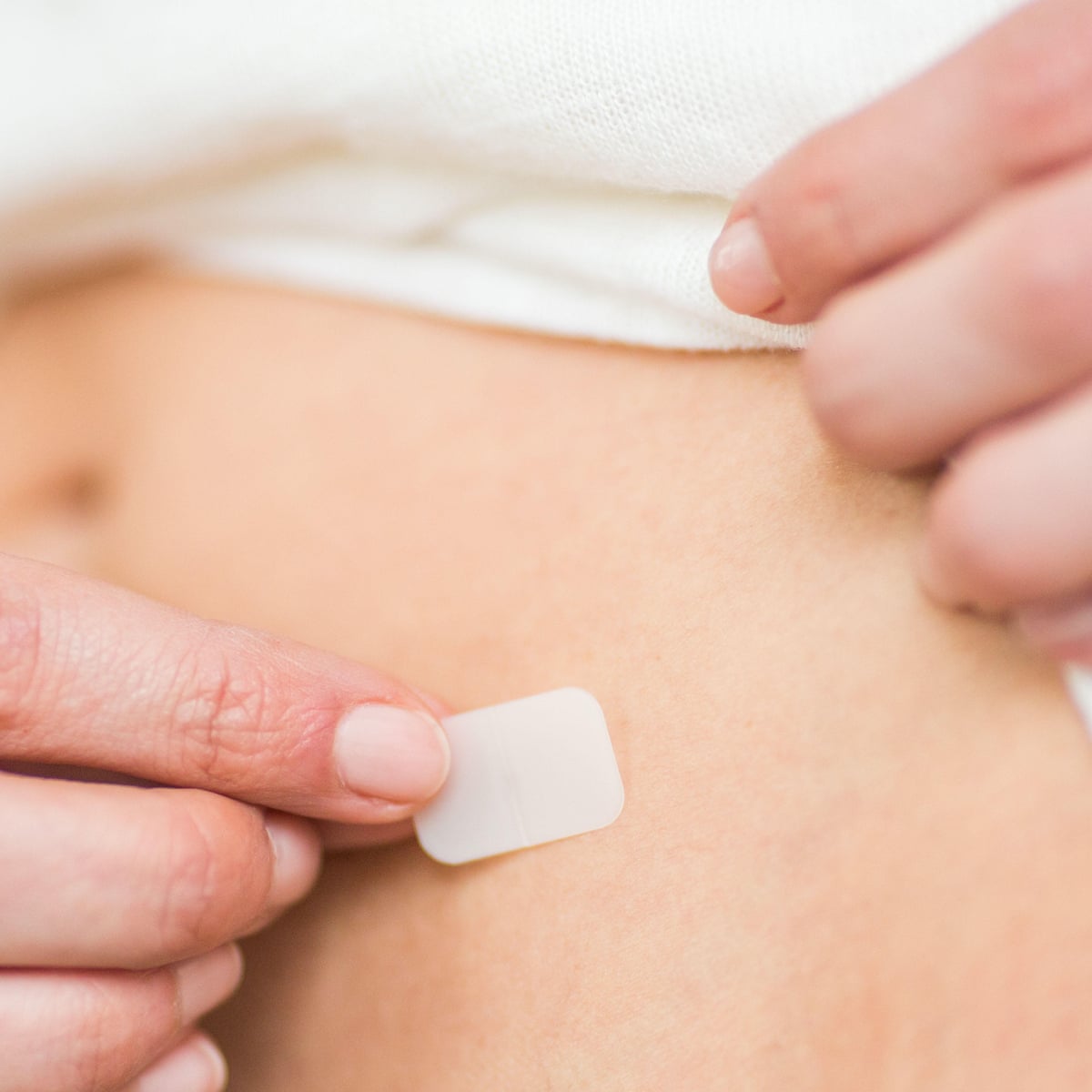Menopause has two stages. Experts think its more likely due to the ageing process a slowing metabolism and being less active.

How Menopause Changes Your Body And What You Can Do About It
Post menopause body measurement. Cells not only store more fat but are less willing to part with it. Changes to your body shape and weight many older women blame the menopause for putting on weight but theres not a lot of evidence that hormone changes lead directly to weight gain. Many women gain weight during the menopause transition although neither menopause nor menopause treatments have been shown to be responsible. Whatever your highest weight point is your body thinks thats the best weight. The hormones work against you to get back to the higher weight. This is because weight can fluctuate during the menopause meaning your breasts lose their elasticity.
This can make it more challenging to maintain a healthy weight. Processed foods tend to contain a lot of hidden sodium as well as other less than healthy ingredients. Your weight distribution will change. But menopause might be getting a bad rap as a new study suggests the change doesnt cause weight gain but instead a redistribution of fat to the waistline from other parts of the body. Ideally you should eat less than 2300 mg of sodium a day and even less if water retention is an issue. Genetic factors might also play a role in menopause weight gain.
Losing muscle mass slows the rate at which your body uses calories metabolism. During the former the peri menopause stage the body progesterone decreases quite fast and most times often results in estrogen dominance. Also the hormonal shifts after menopause can cause your body to retain fluids more easily a good reason for limiting your sodium. Fat is less likely to settle on the hips and thighs post menopause but more likely to settle on the waistline. Time to go for that bra fitting. One predictor of weight gain may be the age at which menopause occurs.
Post menopausal women burn less fat than they did in their pre menopausal years. Medical conditions such as insulin resistance when your body becomes resistant to the insulin it produces or suffering from an underactive thyroid can pack on the pounds. For example you weigh 125 and you gain weight going up to 135. Midlife weight gain appears to be mostly related to aging and lifestyle and although the cause is not menopause menopause may be related to changes in body composition and where fat is stored with a decrease in lean body mass. While the latter the post menopause stage there is always a decrease in estrogen levels thereby increasing the risk of heart disease osteopenia and osteoporosis. If you continue to eat as you always have and dont increase your physical activity youre likely to gain weight.
A study of over 1900 women found that those who entered menopause earlier than the average age of 51 had less body fat 13. Remember it doesnt know when the next ice age is coming.


















